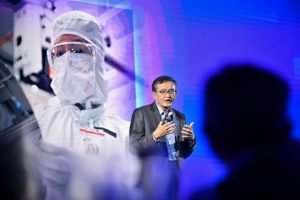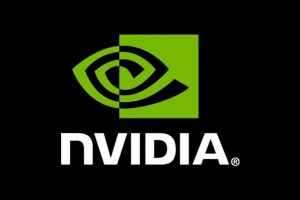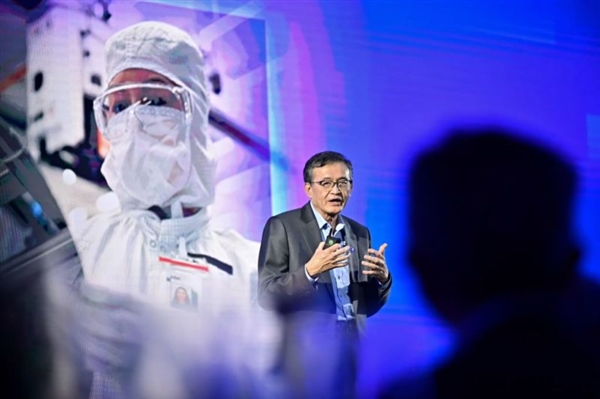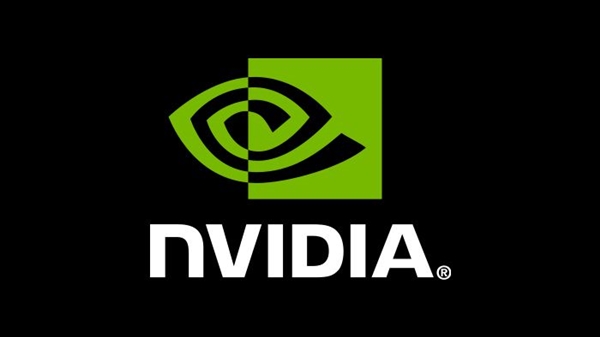April 2, 2025 – In a recent report by Bloomberg yesterday, Intel’s CEO, Pat Gelsinger’s successor Chen Liwu, addressed the audience at the ‘Intel Vision Conference’ in Las Vegas, revealing the company’s strategy to divest from non-core businesses and introduce new products such as customized semiconductors to better align with customer demands.
Chen emphasized the urgent need for Intel to replenish its dwindling engineering talent pool, improve its financial standing, and adjust its manufacturing processes to meet customer requirements. However, he refrained from elaborating on which specific businesses would be deemed non-core.

Rather than hinting at potential business divestitures, Chen focused on enhancing the competitiveness of existing products. He acknowledged Intel’s lack of strength in chips for data centers and AI, stating, “Our innovation has lagged, and our adjustment speed has been too slow to meet customer needs in a timely manner.”
Chen, who was previously a member of Intel’s board of directors before resigning in August 2024, explained his decision to lead Intel at this stage of his career by saying that he couldn’t stand idly by. “It was hard for me to accept seeing Intel in distress. Knowing that I could help, I decided to step up.”
The previous CEO, Pat Gelsinger, was relieved of his duties by the board for failing to successfully steer the company’s product transformation. Notably, Intel has lagged significantly behind NVIDIA in the field of AI acceleration chips. NVIDIA, once an Intel follower, has risen rapidly in the past two years due to the AI computing boom, experiencing substantial revenue and market value growth.
Moreover, Gelsinger’s plan to transform Intel into a foundry that produces chips for external customers is still in its infancy.
Chen admitted that the company’s revival would not happen overnight but expressed his readiness for a long-term commitment. “It won’t happen in one night, but I believe we will succeed in the end,” he said.












